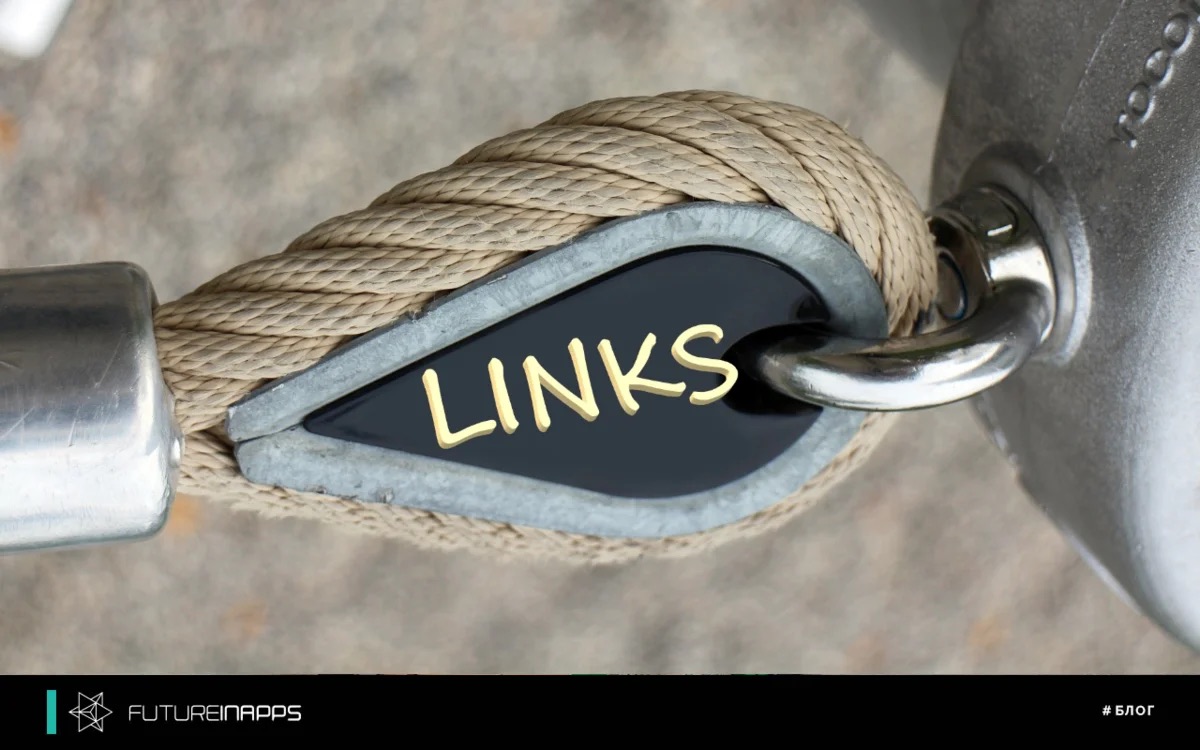When we, as a marketing agency, begin to cooperate with new customers, we ask them how much of their marketing budget is spent on contextual advertising (Pay Per Click (PPC).
When a potential client proudly declares: “Yes, we actually invest about 95 percent of our entire marketing budget exclusively on Google Ads or Yandex Direct,” in the minds of our marketers it begins to sound: “Anxiety, anxiety, anxiety!”.
Where does this alarm come from?
Why bother if the client’s business lies entirely on Google Adwords and Yandex Direct?
1. PPC cannot create demand
To simplify, let's assume that advertising has two main objectives:
• Create demand
• Getting demand
PPC marketing is a leader in obtaining demand.
We can identify the demand by collecting statistics of key requests from each person interested in the product! We find out how he searches for something, we pay for his click on our ad!
However, if you want to create a demand for your product, you need to meet with people who do not even ask questions about your product. This is the magic part of marketing - creating demand!
And this is something that a paid search cannot do.
Some may argue, because there are ways to create demand through PPC! But, we hasten to assure that they are rarely used, since they are economically ineffective, as keywords continue to become more and more expensive every year.
In other words, you, of course, can show ads of your “massage and yoga salon” to those who are interested in Google: “How can I reduce stress in my life?”. But can you imagine what the drain of the budget will be? But people will find out about your salon, even those who hope to find advice from a psychologist.
2. PPC is not marketing; PPC is an advertising channel.
As noted above, contextual advertising perfectly answers the questions that people are already asking, and offers a solution in the form of your product or service.
However, if this is your entire marketing strategy, then eventually it will put you on the trip.
First of all, you need some way to create demand, which will allow:
• Constantly interact with people (social networks).
• Over time, add interesting content to remind people of your value (email).
• Invest in organic traffic (SEO) without spending money for each mouse click.
And these are only digital channels!
Let's really build a brand!
And to create a brand, we need more than PPC.
3. PPC is changeable
You can spend years on the advanced algorithm of setting up a campaign in Google Ads, which will work exceptionally well, just to see how Google closed it, using some of the features that you depended on.
For example, several years ago we helped an agency with one of their clients, and achieved exceptional success by segmenting our search campaigns by device.
Then the "Extended Campaigns" disappeared, and Google removed (temporarily, but long enough) our ability to segment by device type, and this particular customer was defeated in a PPC-only marketing strategy.
And all because Google made one change!
For the love of all good, do not put all your eggs in one basket, diversify your marketing.
Further information for agencies on contextual advertising.
4. For agencies: rates are incredibly high for each test, experiment, rate adjustment, or disapproved ad
We emotionally invest in each of our customers. We feel victories and losses in our client accounts. This is the experience of any marketing agency that is aimed at its successful existence.
When the client’s entire marketing plan is PPC, he begins to intervene in the process at the testing stage. And as a result:
• Compulsive micro-management, communication about accounting difficulties: “I noticed that the failure rate for this product is 5 percent higher, why do you think this is?”
• “Can we call Google?” - for every minor failure that occurs in your account. “Should we suspend this keyword that you inserted yesterday ?!”
• Increased willingness to dismiss PPC agency with the belief that this is something to correct.
In this case, dear colleagues, PPC rates should be higher than normal. Why? They just include the value of your emotional state.
The stakes are very high because your customers do not understand marketing and put unnecessary pressure on you because their business is literally on your shoulders.
Therefore, agencies should think about whether to take on such projects or not.
5. For agencies: with a client who only cares about one channel, it can be difficult to work because he cannot understand how marketing works and what is needed to create a brand.
Sometimes startups have a lot of investment in PPC, and they are trying to increase sales turnover, but at the time they are working hard on working out other channels. This is a great way to start a business!
However, keep in mind that some startups will want you to act as their marketing director, not a PPC agency, and this is a completely different rate!
Someone might argue - all customers want are PPC results. Why talk to them about other advertising channels and marketing in general?
We answer:
If you don’t want to receive a request from a client one day: “Can you increase our income threefold and achieve your goals next week?”, approximately as shown below, Then think about what was written above.
Just remember that the very first problem in the advertising account will cause a non-understanding client in marketing to change the PPC agency for “the best” and “the very thing”.
As a result, you will spend considerable time communicating with the client, setting up advertising campaigns, immersing into the client's business, and cooperation with him will be short-term.
Conclusion
In conclusion, we appeal to both clients and marketing agencies - for successful promotion of your business on the network, you need to use all possible digital marketing channels: contextual advertising, SEO promotion, creating an excellent website and mobile application, promotion in social networks.







